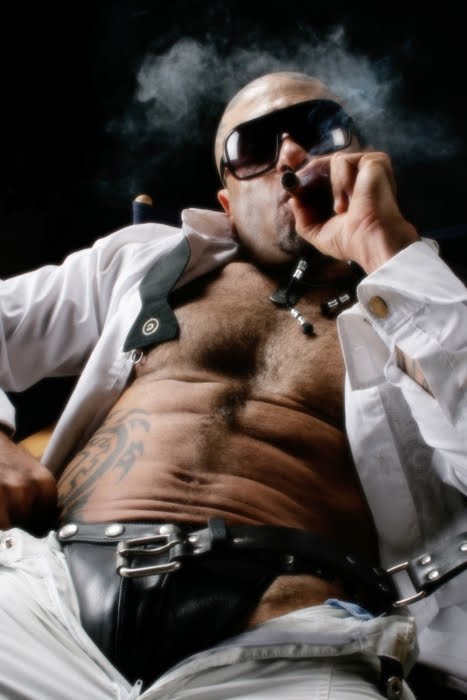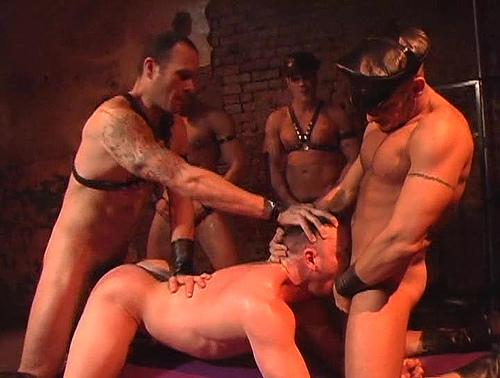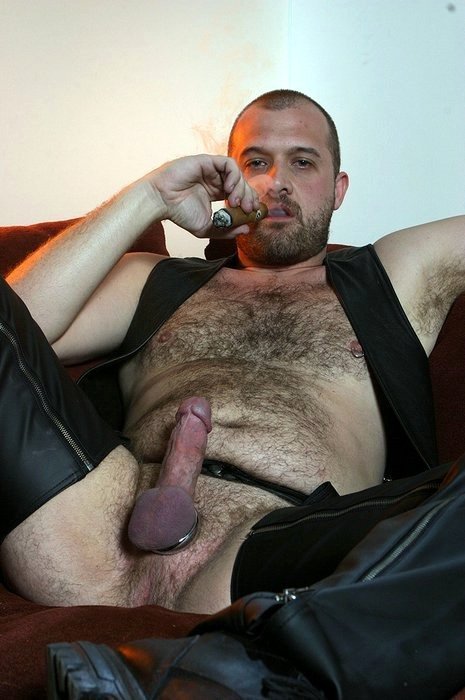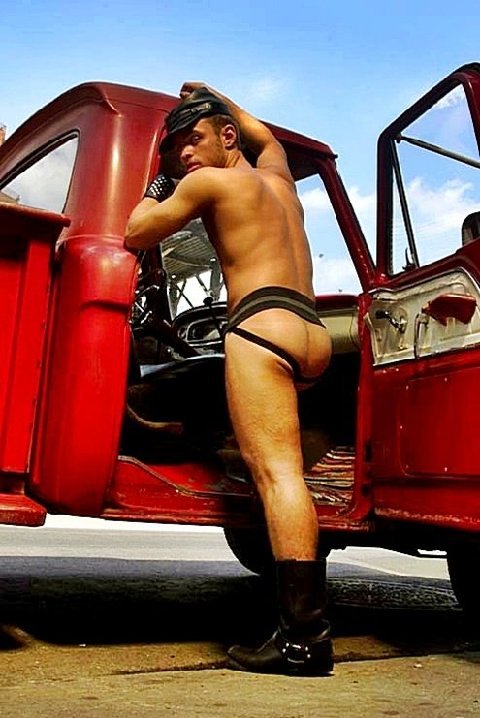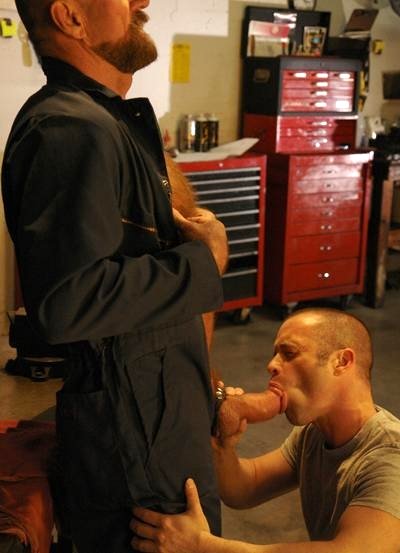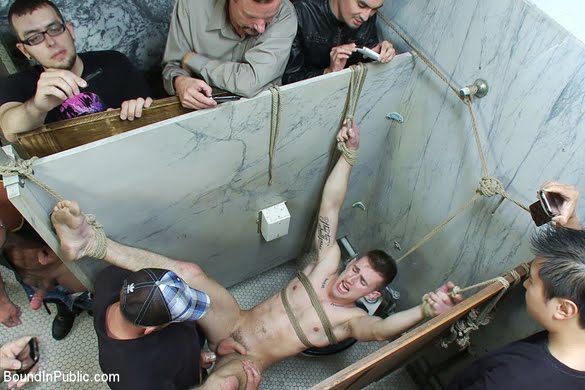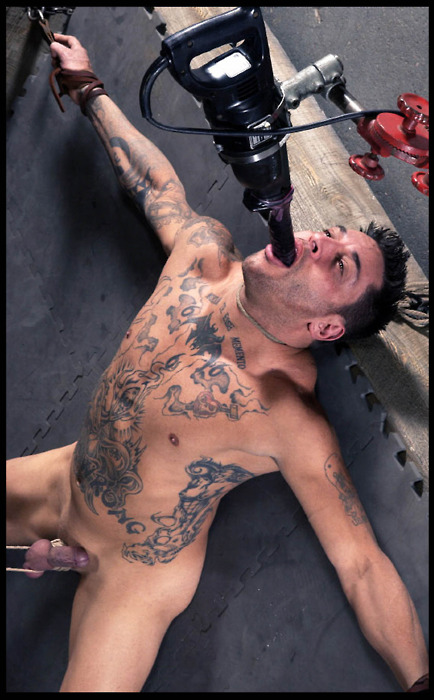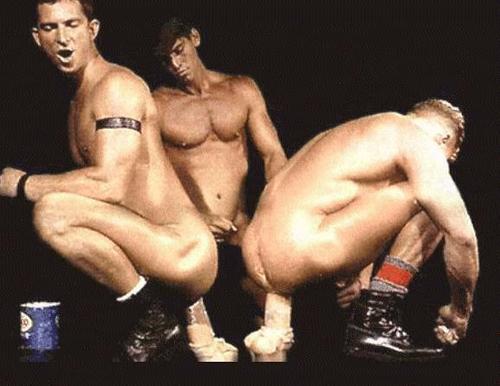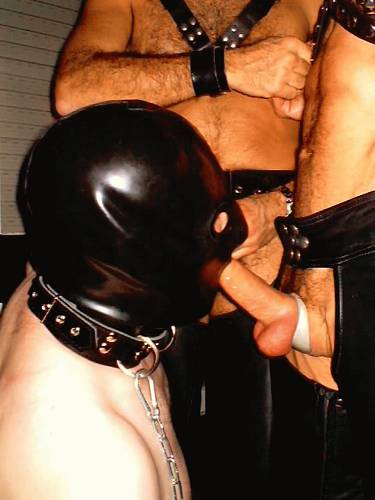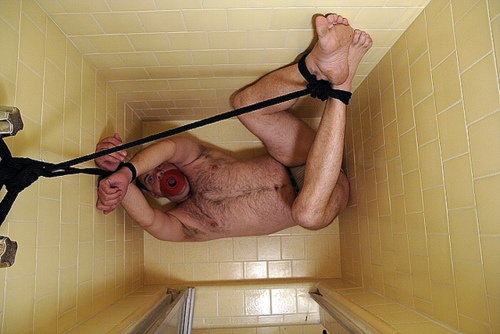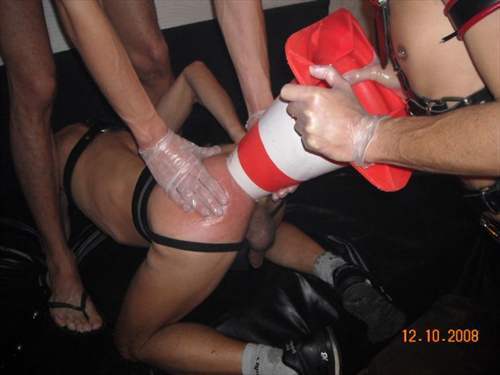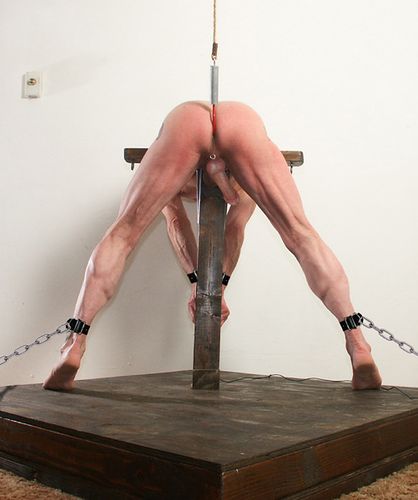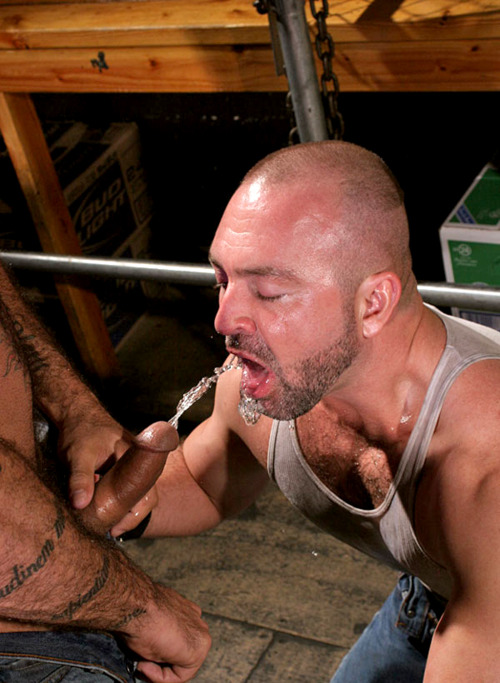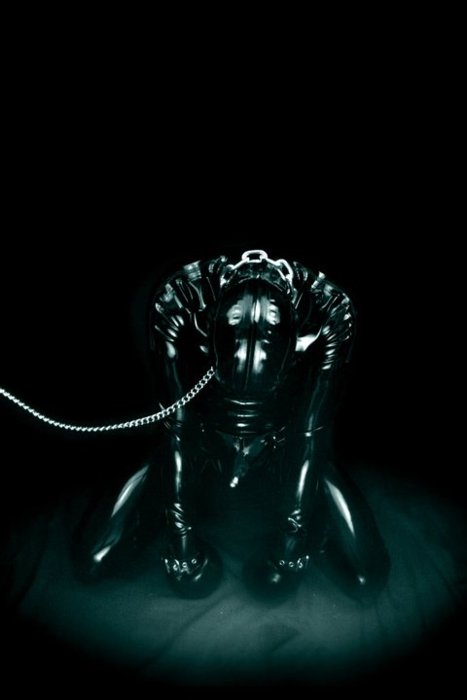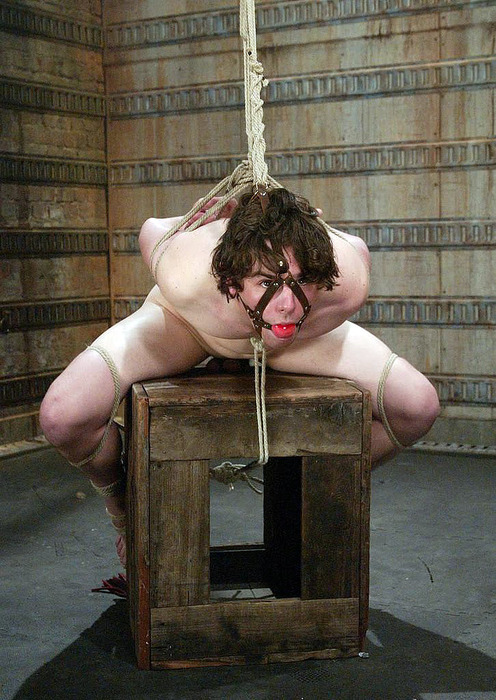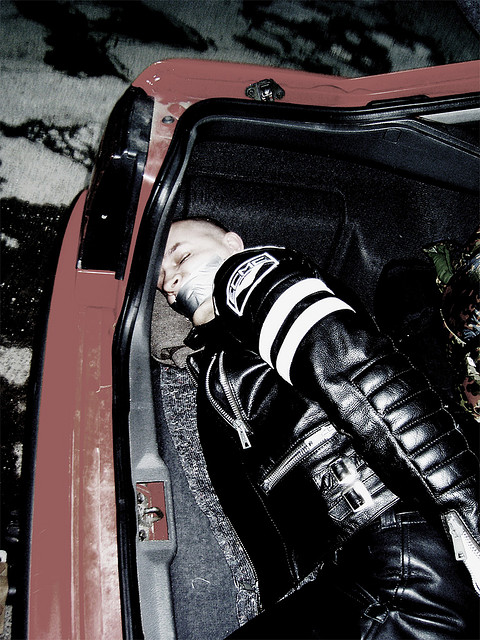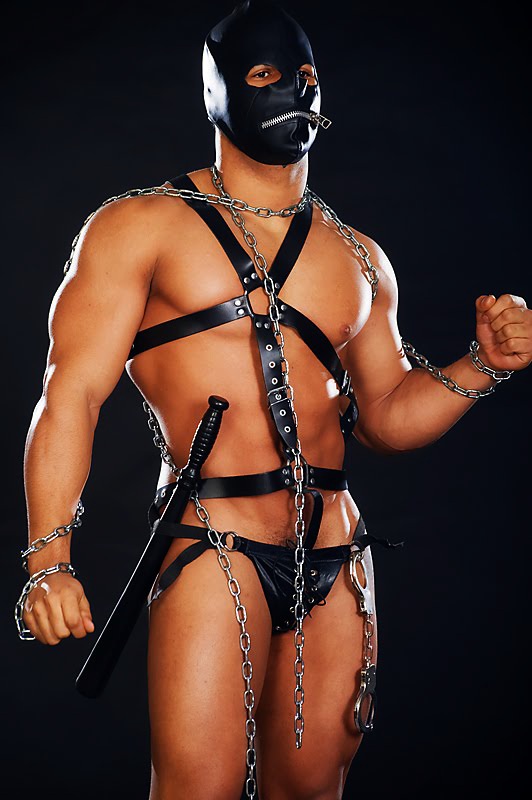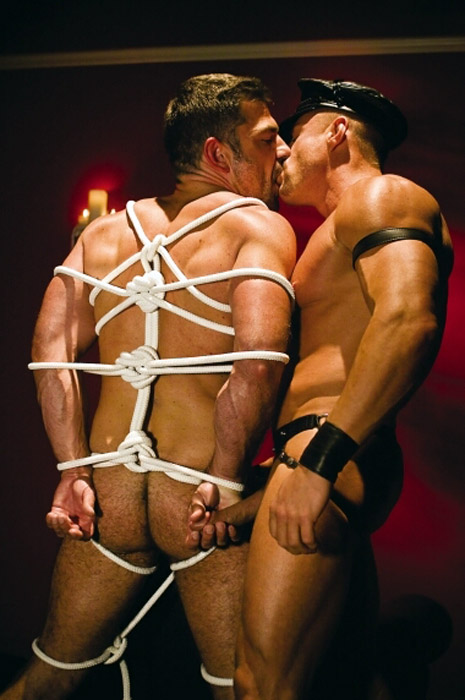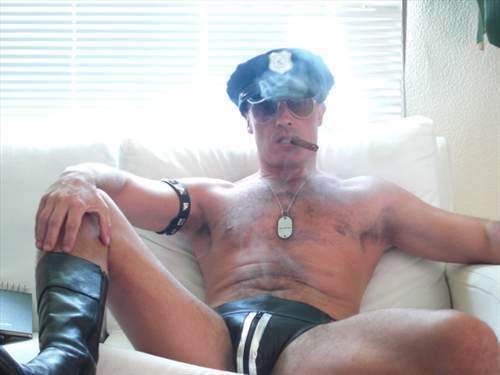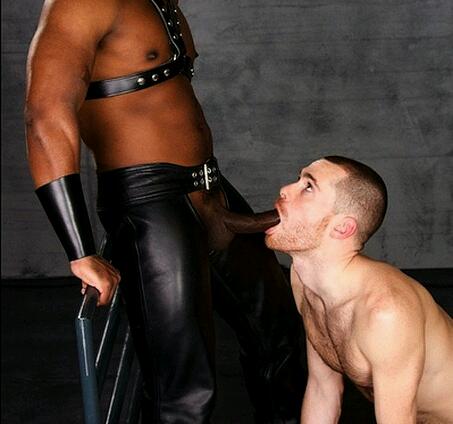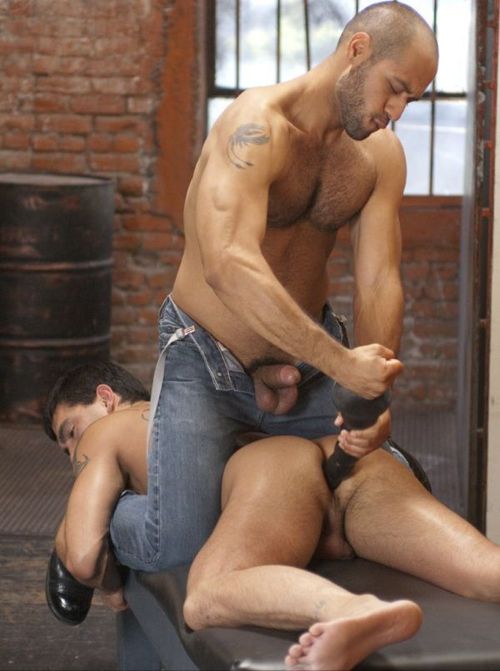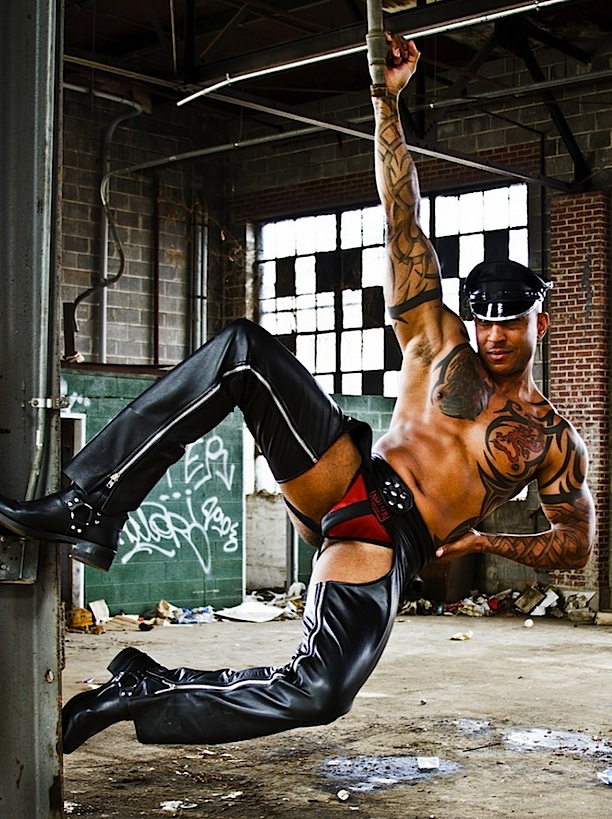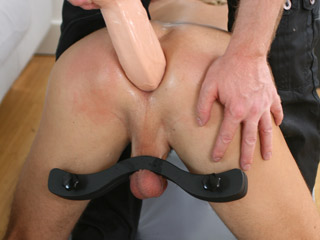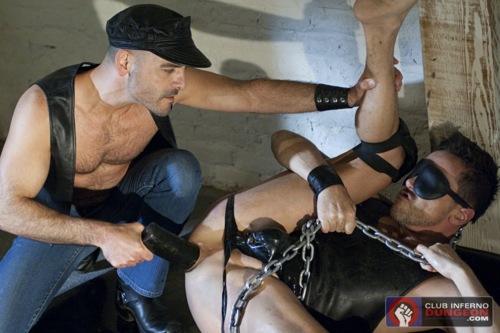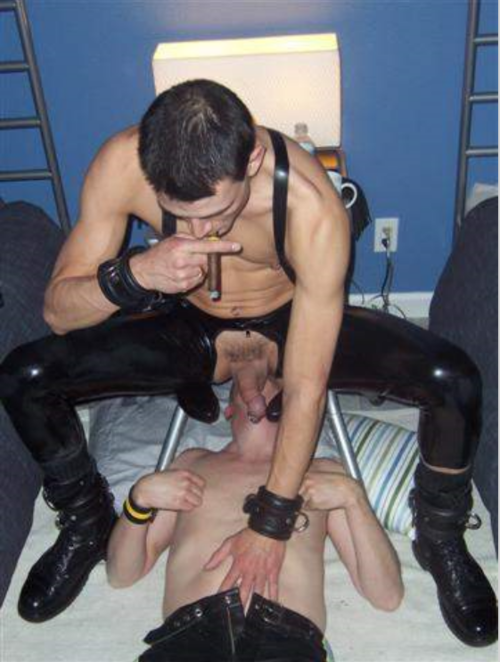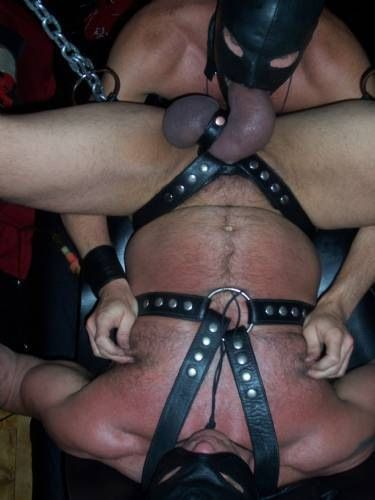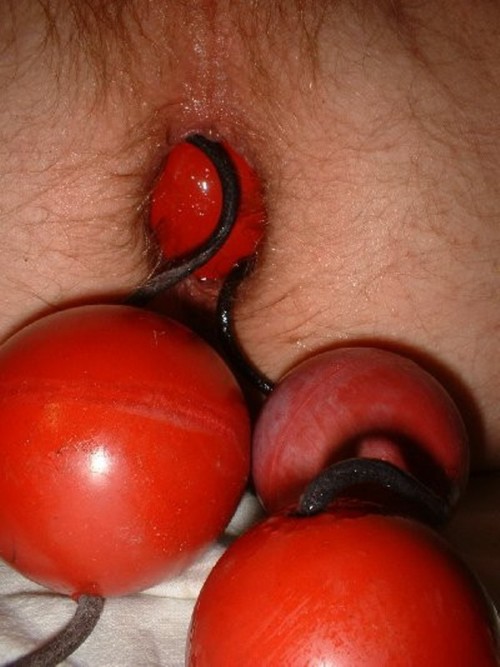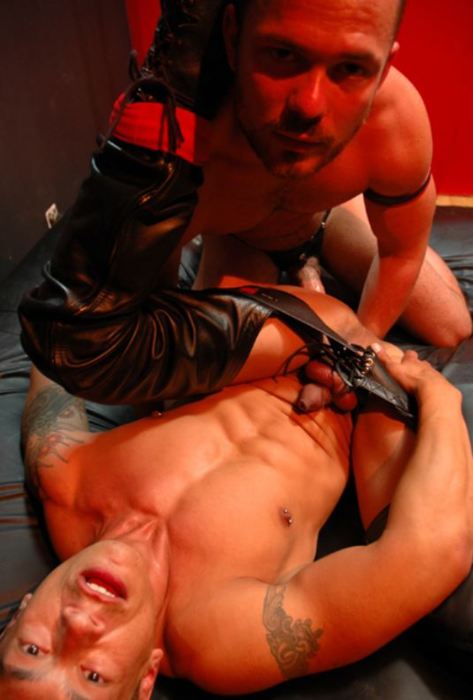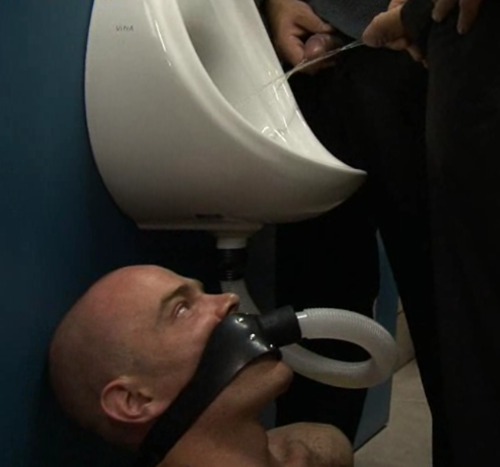Rev Richard Coles found fame in the Communards – then found religion. He tells Jon Henley about life as an out vicar and in-demand broadcaster
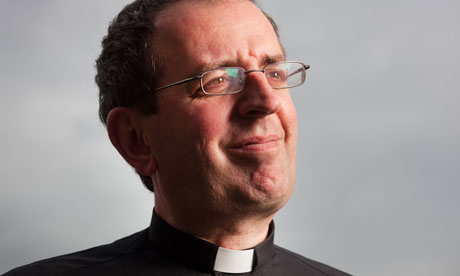
Twenty-five years ago this month, No 1 in the UK singles chart was Don't Leave Me This Way, an energetic rendering of the Harold Melvin and the Blue Notes soul classic by gay 80s synthpop duo the Communards. Remember them? A small, bouncy one and a tall, speccy one.
The weekend before last, as sometimes happens, the track was chosen for the end of a funeral service. What nobody predicted 25 years ago was that the parish priest leading the coffin out of his church in Finedon, Northants, would be the tall, speccy one from the Communards.
Except, perhaps, the Reverend Richard Coles. "There was always," he says, "a vicar in there, struggling to get out. I grew up with the church. I was a chorister. And when I found it again – St Mary's Cathedral, Edinburgh, 1990; Stanford's Evensong in B flat – there was a moment of … recognition. It came screaming at me, out of my childhood. It's my natural habitat."
We're talking – the Rev still tall and bespectacled, if, rather ampler of girth these days, and sporting, as he almost always does, a dog collar – not far from the BBC's Broadcasting House in central London. Coles these days is a man of parts: former pop star, parish priest and successful broadcaster. Warm, whimsical and blessed with a voice that pretty much defines "mellifluous", he now presents Radio 4's popular Saturday morning show Saturday Live and is presenting a new four-part Radio 3 series called Out in the World: a Global Gay History.
He was, he concedes, "the go-to gay". But it's been a fascinating project: "Same-sex stuff, between men and women, has obviously been around for ever; it's universal and eternal. But 'homosexuality' was basically invented in the 19th century. The idea of 'being gay' is a modern one. How do you tackle a history of something like that?"
The series has taken him to Egypt, Greece and the US mid-west – even West Yorkshire – and made him ponder "how, and why, this constitutes an identity. What competes with it to give you an idea of yourself? I mean, if you're gay in Malawi, that's a very bald story. If you grew up in gay-lib London and are now living, middle-aged, middle-class, post-civil partnerships, in Britain … That's a very different one."
For his part, Coles has known he was gay since, he reckons, he was "about eight. Not that I was aware of sexuality, of course. But there were certain traits: I had a romantic turn of mind, I was more interested in wild flowers than Arsenal. I didn't learn to drive until I was 30, but I could have written a madrigal. That kind of thing."
He left his "minor public" school at 16 a competent pianist, went to FE college in Stratford-on-Avon to do drama, got knocked off his bike ("the insurance money proved very fortuitous"), and, at 18, washed up in King's Cross ("bit rough, in those days, but pleasingly bohemian"). He bought a saxophone and did fringe theatre.
Coles got to know Jimmy Somerville on a Channel 4 documentary about gay teens, and wound up playing clarinet on Ain't Necessarily So with the diminutive Glaswegian vocalist's then band, Bronski Beat. The two formed the Communards in 1985.
Pop stardom, he says, wasn't all fun: "The vindication was tremendous; the world giving you the thumbs-up. The money was welcome. But it's not my natural habitat, and I didn't handle it well. It was terribly taxing. I was very jealous of Jimmy; he was so new and different, he really inhabited and expressed that moment. I wore specs and played piano. Very mediocre. I was just fortunate to be in the wake of his specialness."
(The two lost touch for some years, but recently bumped into each other at St Pancras station. "He was going to Paris, I was going to Wellingborough, which says something. He was lovely. He sent me a book of lesbian and gay prayers afterwards.")
When the Communards separated three years after forming, Coles says, despite the fact he'd "been looking for an exit strategy" for some time, he "went off the rails a bit. I took a year off, six months of which I can't remember. Eventually someone told me I had to get a grip or I wouldn't make 40. So I went to King's College London to study theology." As one does.
But, the conversion wasn't as Damascene as it sounds: "I'd always loved everything about religion except the content. I loved the liturgy, I loved the music, I just thought the content was pernicious nonsense. Then I had that moment, in Edinburgh, and suddenly I wanted it." A thoughtful friend pointed him at a High Anglican parish, all bells and incense and oratorios: "I sniffed around a bit, and I liked the smell."
Like many High Anglicans, Coles soon found himself drawn to Rome, and, in fact, joined the Catholic church for nearly 10 years. "I liked the rigour and the clarity," he says. "Hard to resist when you're coming out of such confusion and chaos. And I loved Evelyn Waugh." He is candid, too, about the relationship between his sexuality and a certain kind of church. "It's not a perfect match, obviously; the majority of gay people don't conform to this stereotype," he says. "But it is striking how many of nature's bachelors find themselves at the dressier end of the ecclesiastical spectrum. There's something about the performance, showbiz side of things – the same sensibility that enjoys Rodgers & Hammerstein and middle-period Verdi."
Alongside his adventures in religion, Coles developed a flourishing career as a broadcaster in the 90s: reviewing films late night on LWT, acting as Emma Freud's agony uncle on GLR, winning a Sony award as Best New Broadcaster for a Radio 5 show called The Mix, making Night Waves on Radio 3. And by 2001 he was back in the fold of the more familiar, and ultimately more comfortable, CofE, pondering the prospect of ordination.
It was his friend the late Mo Mowlam who convinced him to do it: "I think she just got bored by me wittering on." He sailed through the selection conference, but was phoned afterwards by the Church of England's chief medical officer, somewhat alarmed by the list of non-prescription drugs Coles had admitted taking. "He only knew the pharmacological names, and I only knew the street ones," Coles says. "It was a long conversation."
And since 2005, the tall, speccy one has been an ordained priest. He's unhappy with the CofE's fudge on homosexuality – OK for parishioners, permissible for priests, providing they stay celibate. (Coles, who lives with a long-term partner, says he is "technically OK" on that score.) The compromise, he says, is "deeply unsatisfactory", and "can't endure. But it's the reality of where we are and it behoves us to be patient. It's not about me. The church has had difficulty with homosexuality for centuries; it's absurd to think that can change overnight."
In January, he was appointed in charge at St Mary the Virgin in Finedon, Northants, near his childhood home, from where he tweets endearingly about life as a village vicar (he tweets wittily about lots of things). On Fridays and Saturday mornings, he belongs to the Beeb; both jobs that require, he says, "a broadly sympathetic outlook, and the ability to listen carefully and attentively".
Always in his dog collar, though. "Vicars," he says, "should look like vicars. It sometimes invites attention you'd rather not have. But it does mean no one sits next to you on the train. Which is a perk."
![]()

